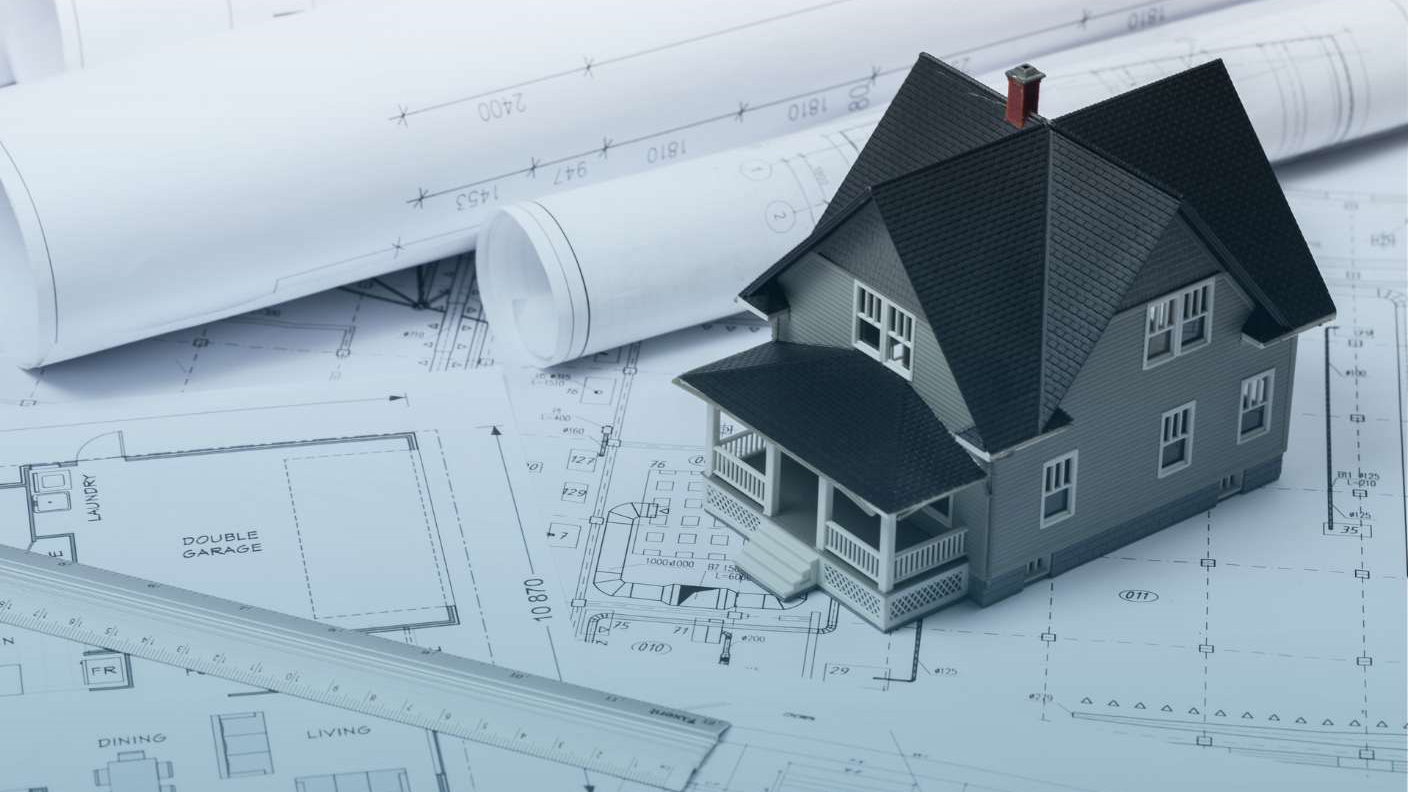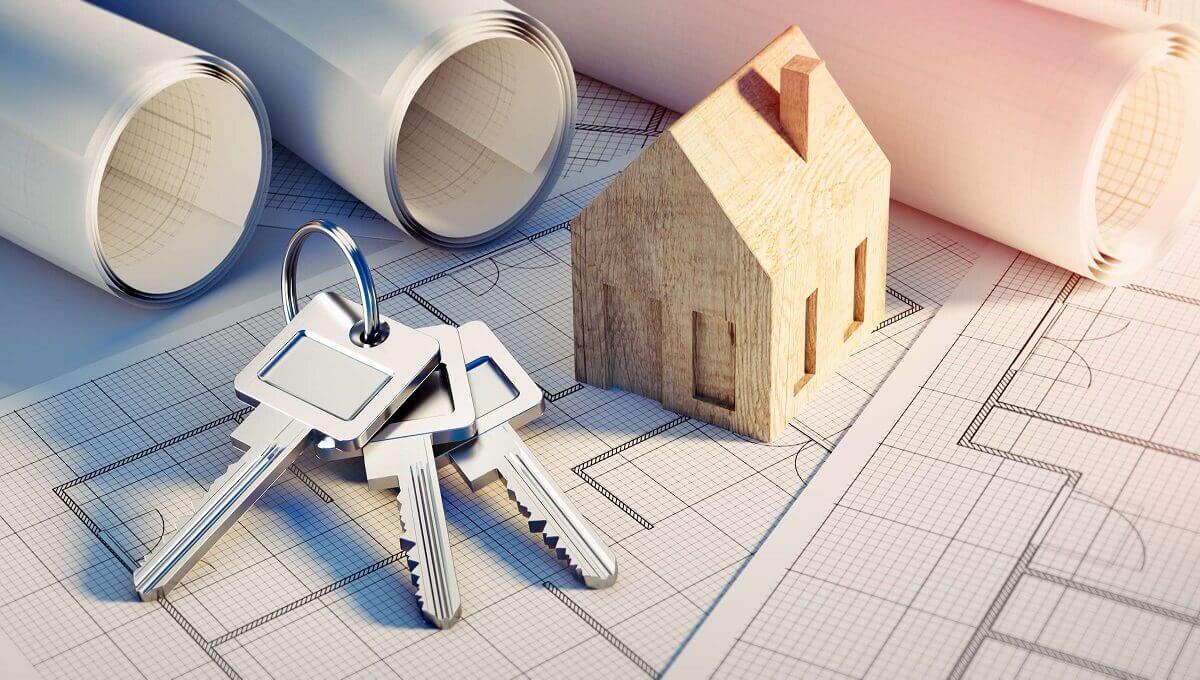Table of Contents
ToggleEver wondered if buying an off-plan property in Egypt is a smart move or just a gamble?
With glossy brochures, attractive payment plans, and promises of futuristic compounds, off-plan real estate is tempting. But the real question is: how do you know which projects are truly worth the wait and which might disappoint? Let’s break it down step by step.
What Does Off-Plan Really Mean?
Buying off-plan means purchasing a property before it’s fully constructed—or sometimes even before ground is broken. Essentially, you’re investing in a vision backed by a developer’s reputation. In Egypt, this model has grown rapidly, especially in places like New Cairo, the New Administrative Capital (NAC), and the North Coast. Buyers are drawn to off-plan deals because they offer lower entry prices and flexible installment plans. But while the rewards can be significant, so can the risks, making due diligence essential.

Why Off-Plan Appeals to Buyers in Egypt
Off-plan properties are especially attractive in Egypt’s current market for several reasons:
- Affordability: Prices are usually lower than ready-to-move-in units.
- Flexible payments: Developers often offer installment plans of 6–10 years.
- Capital appreciation: Properties often rise in value as construction progresses.
- Customization: Buyers sometimes have a say in finishes, layouts, and upgrades.
For young professionals, first-time buyers, and investors alike, off-plan can feel like the best route to enter Egypt’s booming real estate market.
Common Mistakes to Avoid When Choosing Off-Plan Properties
While off-plan investments can be rewarding, many buyers make errors that reduce the value of their purchase. One common mistake is relying solely on glossy marketing materials without visiting the site or checking the developer’s track record. Another pitfall is overlooking the payment schedule; sometimes, seemingly flexible plans hide balloon payments near the end.
Buyers also occasionally fail to review the fine print of contracts, including clauses about delivery dates, penalties for delays, and after-sales services. Additionally, some investors focus too much on short-term resale gains rather than the long-term livability and demand of the area. To minimize risks, it’s crucial to hire a property lawyer, consult independent real estate experts, and speak with past buyers. Avoiding these mistakes ensures that your off-plan property is not just attractive on paper but also a solid, tangible investment.
The Risk Factor: Why Some Buyers Regret It
While the rewards are appealing, off-plan projects carry risks. Delays in delivery, quality issues, or even developer insolvency can turn dreams into frustrations. Some buyers underestimate how long projects can take, especially in large-scale compounds. Others face challenges when facilities promised on paper—like pools, schools, or commercial hubs—take years to materialize. Understanding these risks is the first step toward finding projects that are genuinely worth the wait.
Developer Reputation Matters Most
The single biggest factor in choosing an off-plan property is the developer’s track record. Established names such as Talaat Moustafa Group, Palm Hills, Hassan Allam, and City Edge have proven histories of delivering projects on time with consistent quality. On the other hand, newer or lesser-known developers might offer attractive deals but carry higher risk.
Before committing, always check the developer’s completed projects, customer reviews, and financial stability. A trusted name significantly reduces the uncertainty of waiting.

Location: The Deciding Factor
In real estate, location is always king—and this is even truer for off-plan properties. A well-placed property in New Cairo or the NAC will likely appreciate faster than one in a remote or underdeveloped area. Look for access to transportation links, schools, hospitals, and business hubs.
Locations near government projects or infrastructure investments also tend to perform better. Choosing the right location ensures that by the time the project is completed, your property will already be in demand.
Payment Plans: Attractive but Tricky
Flexible payment schemes are one of the main draws of off-plan purchases, but they require careful planning. Developers may advertise zero down payments or long-term installments, but you need to calculate the total cost of ownership.
Inflation in Egypt can make fixed installments attractive, but service charges and hidden fees can add up. Always compare payment schedules across projects and ensure that you won’t be financially stretched if the developer requests early or lump-sum payments.
Timing: When to Buy Off-Plan
One common question is: when’s the best stage to buy? Buying early often means the lowest prices, but it also comes with the highest uncertainty. Mid-stage projects—where construction is visibly underway—strike a balance between affordability and reduced risk.
Near-completion units may cost more but offer peace of mind with quicker delivery. Matching your risk appetite with your investment timeline is key to finding off-plan projects worth waiting for.
Amenities and Lifestyle Promises
Compounds in Egypt are often marketed with a long list of lifestyle perks: gyms, pools, schools, shopping centers, and even smart city features. While these are attractive, not all promises are delivered as advertised.
Before buying, visit other projects by the same developer to see if they actually delivered similar amenities. Ask questions like: Are the green spaces really landscaped? Are the commercial areas fully operational? This helps you avoid disappointment once you finally receive your keys.
Legal and Contractual Safeguards
In Egypt, protecting yourself legally is crucial when buying off-plan. Ensure your contract clearly states the delivery date, penalties for delays, and specifications of the unit. Verify that the developer owns the land and has the necessary permits.
Platforms like The Official Egyptian Real Estate Platform provide trustworthy information about developers and projects. Seeking legal advice before signing can save years of stress later. Remember: a contract is your shield when investing in the unseen.

Who Should Buy Off-Plan?
Off-plan isn’t for everyone. It suits buyers who:
- Have a medium- to long-term investment horizon.
- Can afford to wait for delivery without immediate housing needs.
- Value lower prices and flexible installments over instant possession.
- Want potential capital gains as projects mature.
On the other hand, if you need a home right now or prefer guaranteed cash flow from rentals, ready units may be a better option. Knowing your own goals ensures you pick the right strategy.
Final Thoughts
Buying off-plan in Egypt can be one of the smartest moves you’ll ever make—if done carefully. By focusing on reputable developers, strategic locations, realistic payment plans, and strong legal safeguards, you can avoid pitfalls and secure a property that appreciates in value by the time it’s delivered. Off-plan is not a shortcut but a patience-driven investment strategy. For those willing to wait, the rewards often justify the risk.
Frequently Asked Questions(FAQs):
1. What does off-plan mean in real estate?
It means buying a property before it’s completed, often at lower prices with flexible payment plans.
2. Is buying off-plan safe in Egypt?
Yes, if you choose reputable developers, check legal documents, and have clear contracts with penalties for delays.
3. Why are off-plan properties cheaper?
Because buyers are taking on more risk by purchasing before the property is finished.
4. How long do off-plan projects usually take?
It depends on the developer, but most projects in Egypt take 3–7 years from launch to delivery.
5. Can foreigners buy off-plan properties in Egypt?
Yes, but they should review the latest ownership laws and work with trusted developers.
6. Do off-plan properties always increase in value?
Not always, but in high-demand areas like New Cairo or the NAC, they often appreciate significantly.
7. What happens if the developer delays delivery?
Contracts should include penalties, but legal enforcement may require following up through proper channels.
8. Is it better to buy early or wait until near completion?
Early buyers get lower prices but higher risk. Mid-stage buyers balance price and risk, while near-completion buyers pay more for certainty.
9. Can I sell an off-plan property before completion?
Yes, many developers allow resale contracts, though terms and transfer fees vary.
10. How do I know if a project’s amenities will be delivered?
Check the developer’s track record in delivering promised amenities in past projects.
